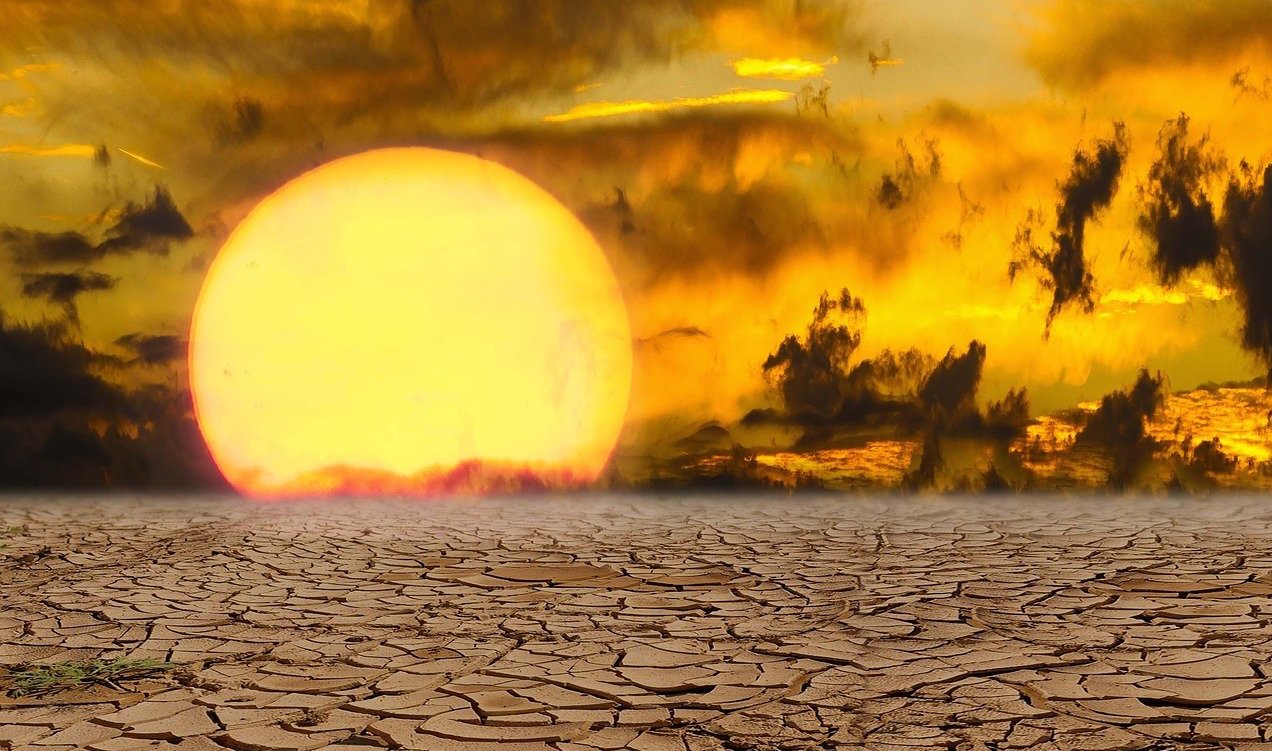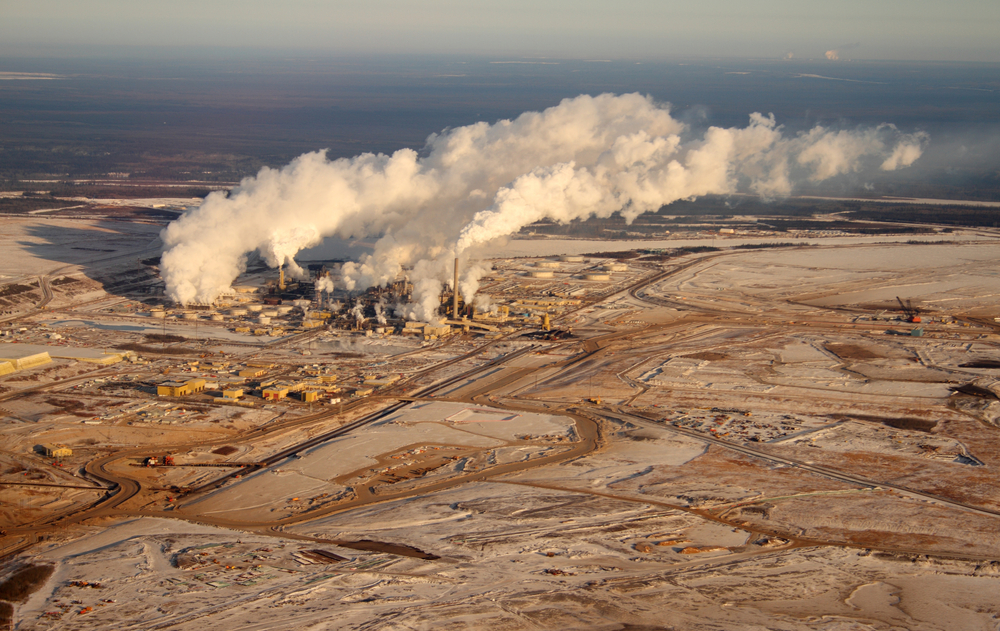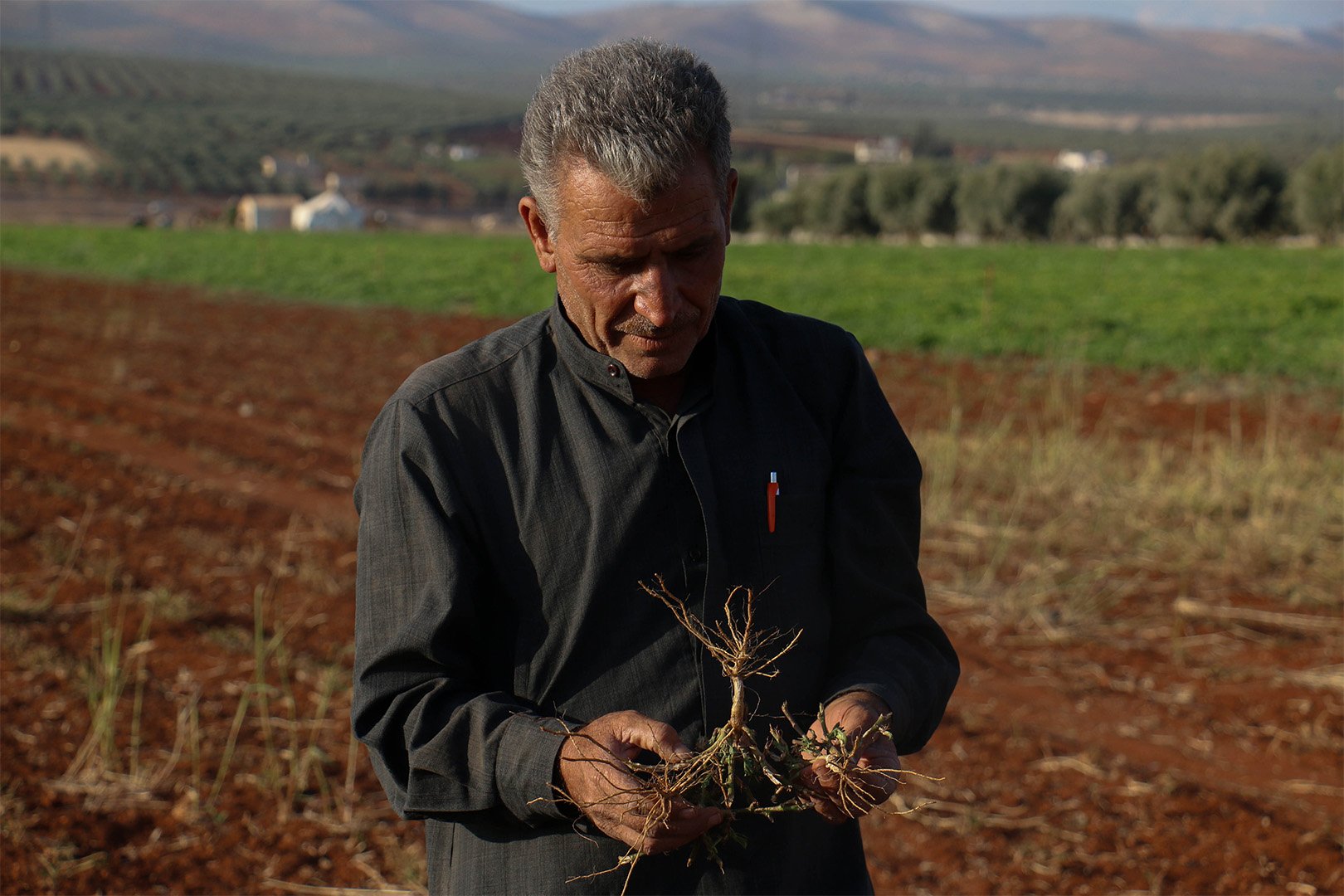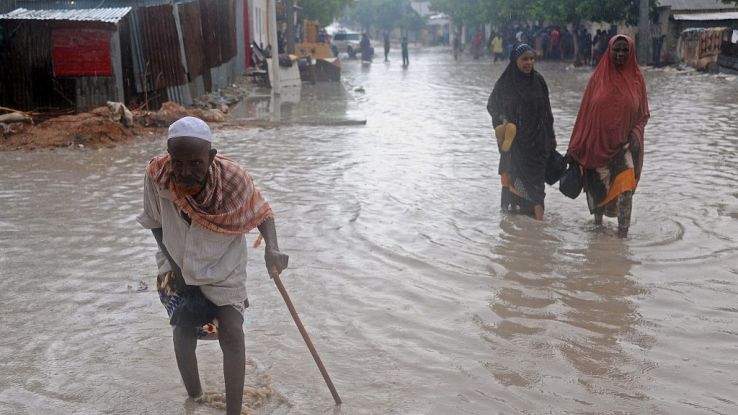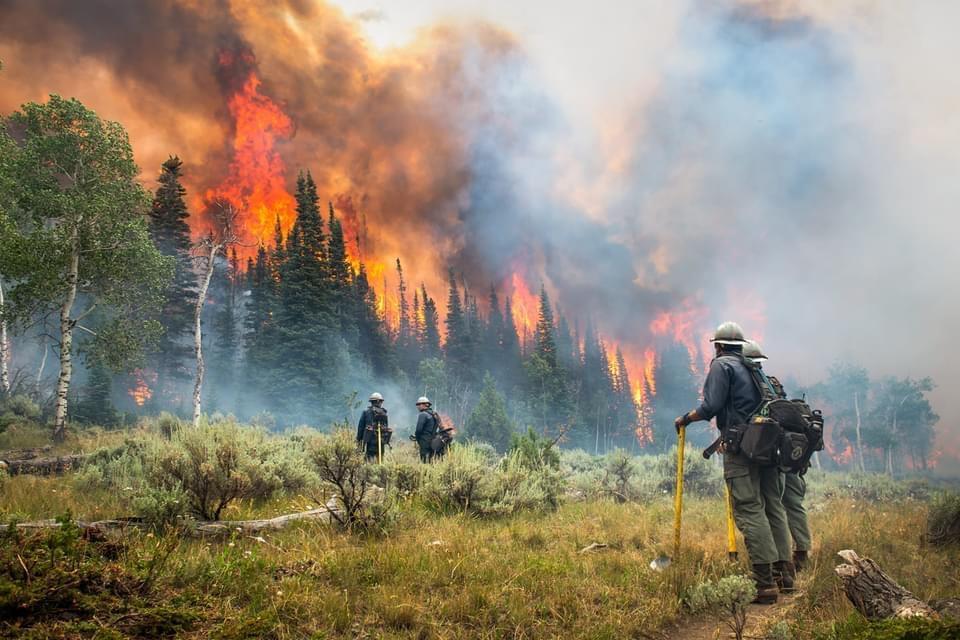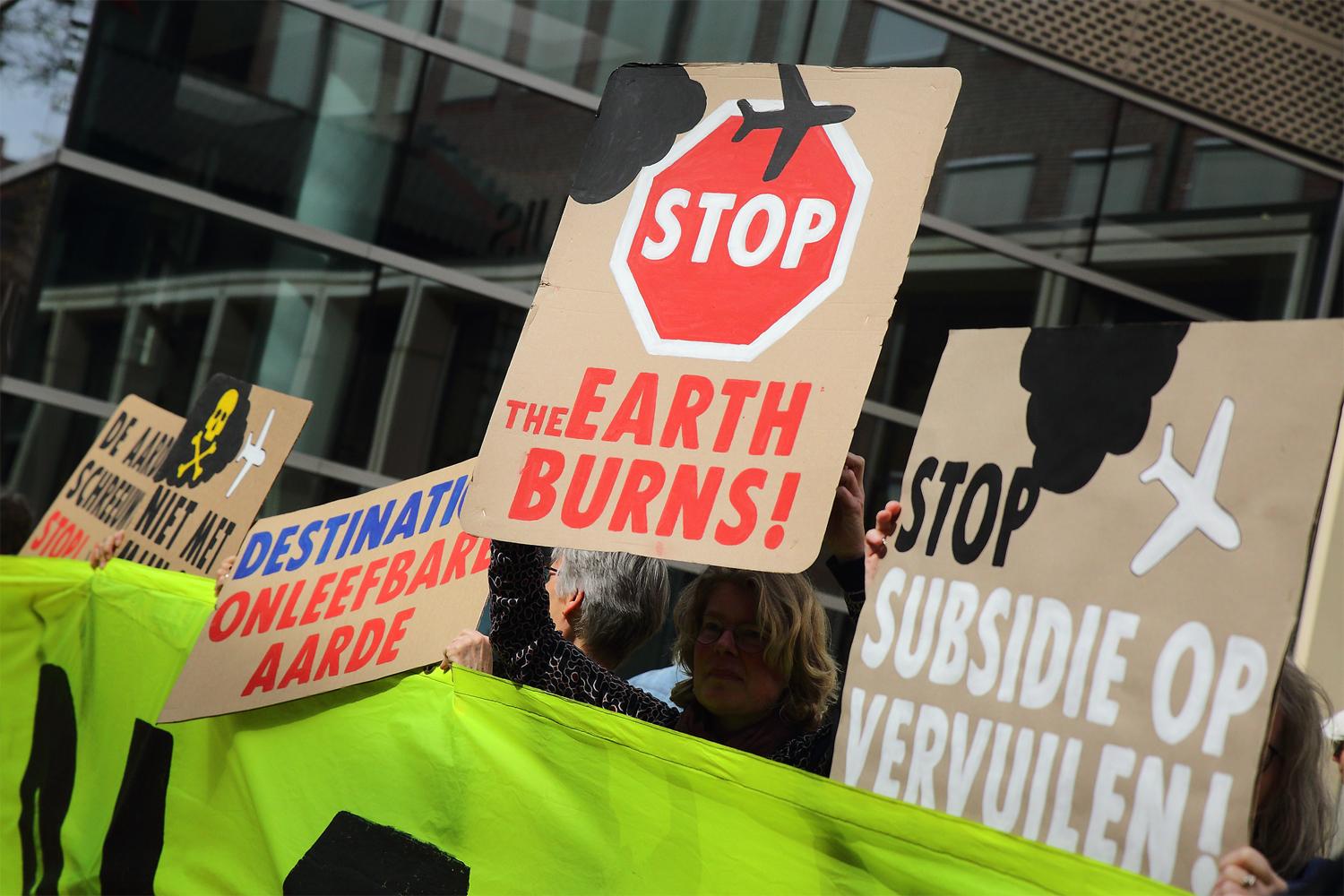
Climate protesters shut down The Hague
Climate protestors who attempted to create a road blockade at The Hague were detained by Dutch police. Among those detained was prominent climate activist Greta Thunberg. Protestors took to the streets to oppose fossil fuel subsidies, and especially the Dutch government’s tax concessions for companies such as Royal Dutch Shell. Hundreds of demonstrators marched from The Hague city center to a field next to the A12 highway, a main artery through the Netherlands, which some then tried to block with their bodies. The protest, organized by Extinction Rebellion, was part of an international campaign against fossil fuel subsidies in Europe. Simultaneous demonstrations also took place as part of the campaign in Germany, Belgium, Sweden, Poland, Italy, Spain, Portugal and the UK. (Photo: Extinction Rebellion)






